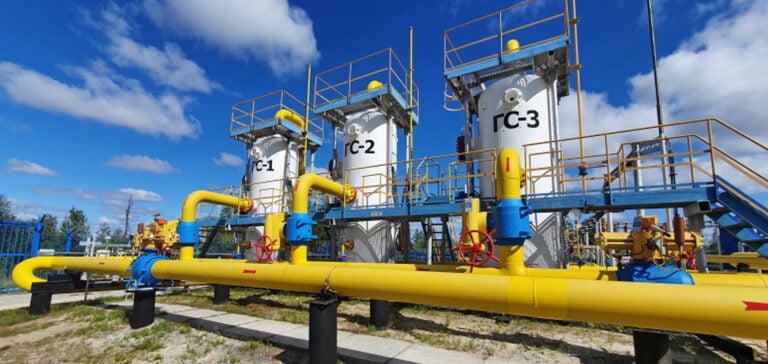European gas prices reached a record high, exceeding 50 euros per megawatt-hour (MWh), a level not seen since the beginning of April. This spectacular increase is mainly due to major disruptions in key gas supply regions. What are the reasons behind this price surge, and what consequences could it have for the European energy market?
Threats to Supply
Since the previous week’s close, European gas prices have risen by around 25%. This substantial increase is the result of several factors. Firstly, threats to supply have manifested themselves in a variety of ways. Finland has raised concerns about possible outside intervention causing a leak on the gas pipeline connected to Estonia, promptingNATO to support its investigation. This uncertainty has contributed to price rises.
Problems in Australia
Australia, one of the world’s leading producers of liquefied natural gas (LNG), is also in the spotlight. Workers at Chevron’s LNG facilities have announced strikes starting October 19 if some of their demands are not met. This potential disruption to LNG supplies in Australia only adds to the uncertainty.
Israel and Palestine
In addition, Chevron’s suspension of operations on the Tamar platform off the Israeli coast, on the instructions of the authorities, has raised concerns. Analysts note that Israeli gas imports into Egypt have fallen by around 20%, which could affect Egypt’s ability to resume its planned LNG exports. The situation in Israel and Palestine, while not leading to an immediate disruption of oil supplies, remains under close scrutiny by investors.
Stable oil prices
Unlike gas prices, oil prices have remained relatively stable. Despite growing tensions between Israel and Palestine, investors remain cautious. Brent North Sea crude for December delivery was down slightly, while West Texas Intermediate (WTI) for November delivery was down slightly. Investors seem concerned about the prospects for a slowdown in the global economy and demand for oil.
Nevertheless, it is essential to note that the impact of the recent conflict in the Middle East on the financial market remains uncertain. Analysts expect high volatility in the short term as the situation evolves. Investors will continue to keep a close eye on developments in this sensitive geopolitical region.
In summary, European gas prices have risen due to supply threats, disruptions in Australia and concerns over the situation in Israel and Palestine. Oil prices remain stable for the time being, but the situation in the Middle East is raising concerns about its long-term impact on the global energy market.







